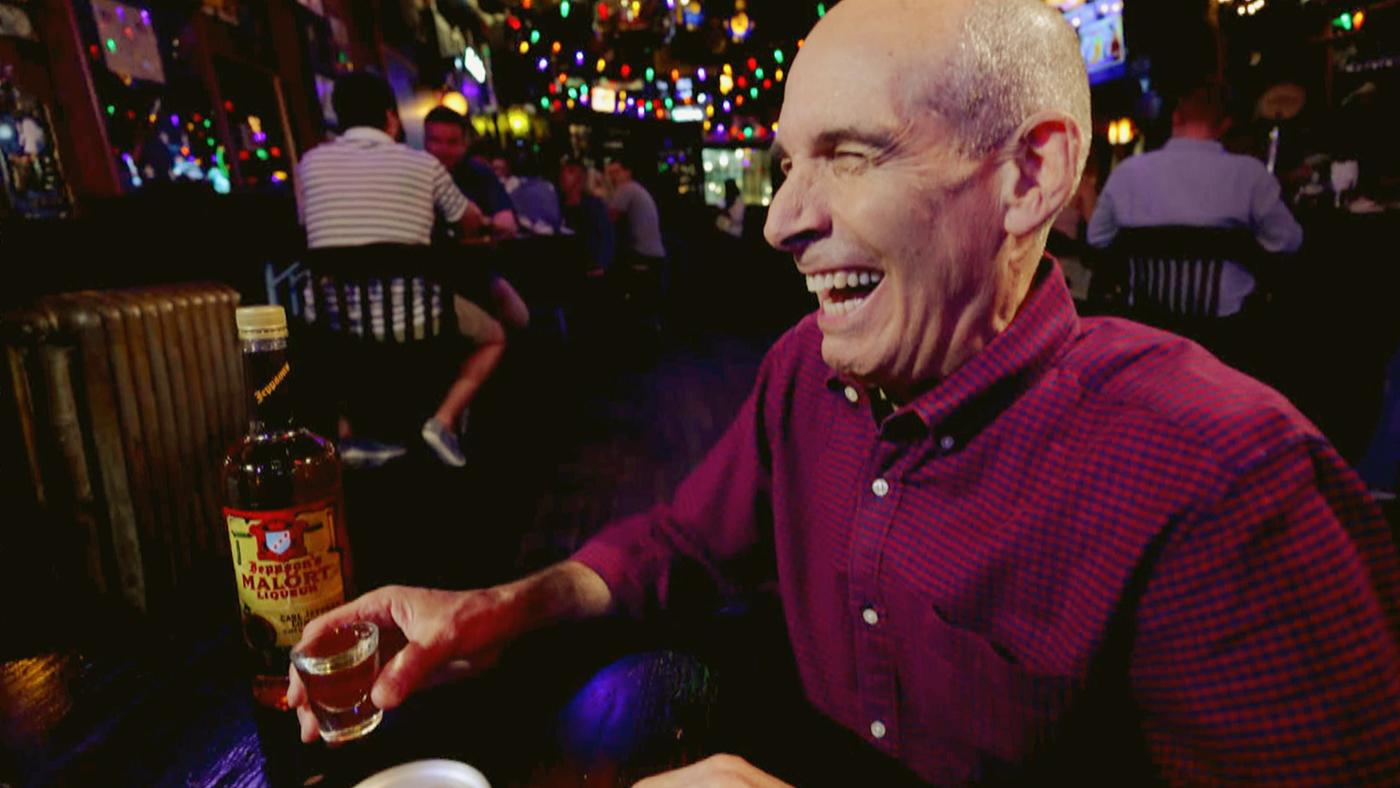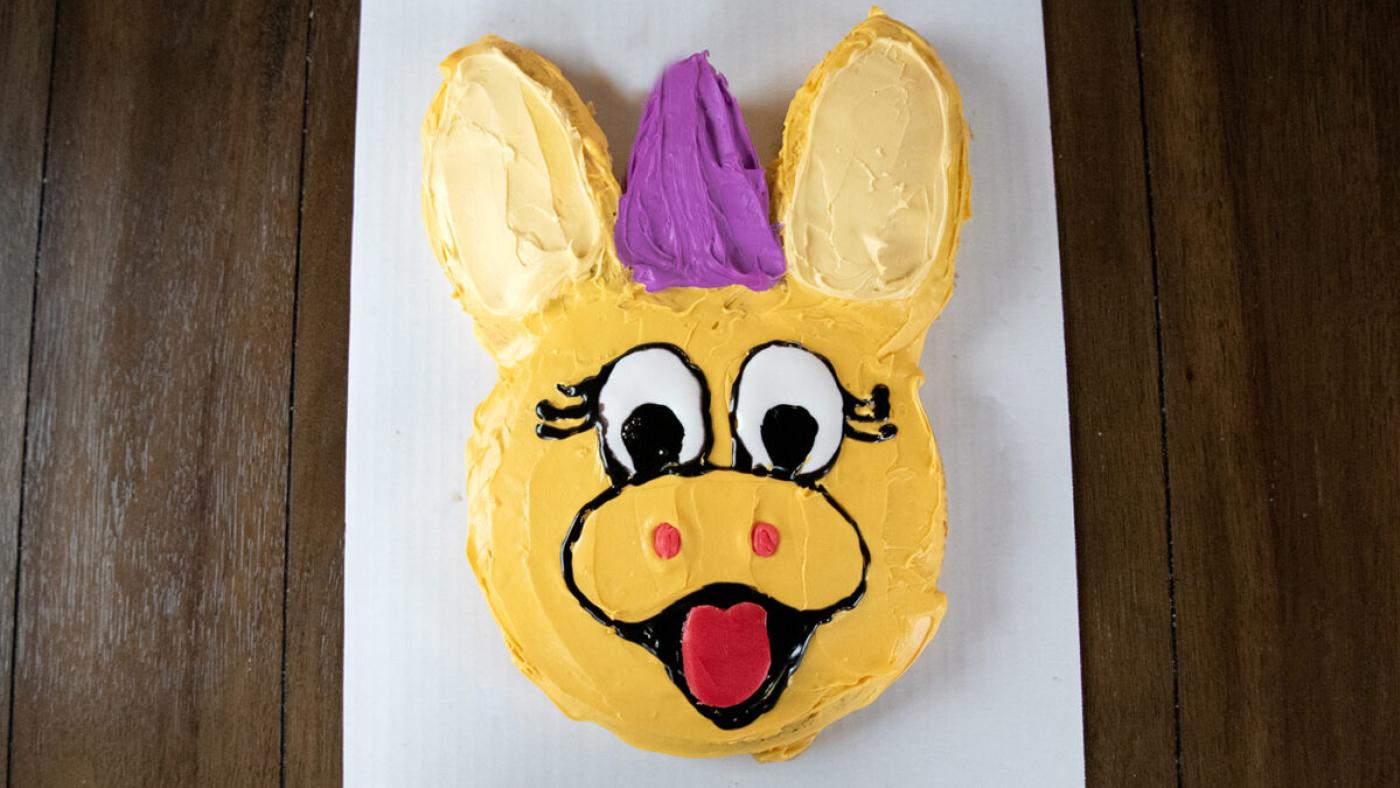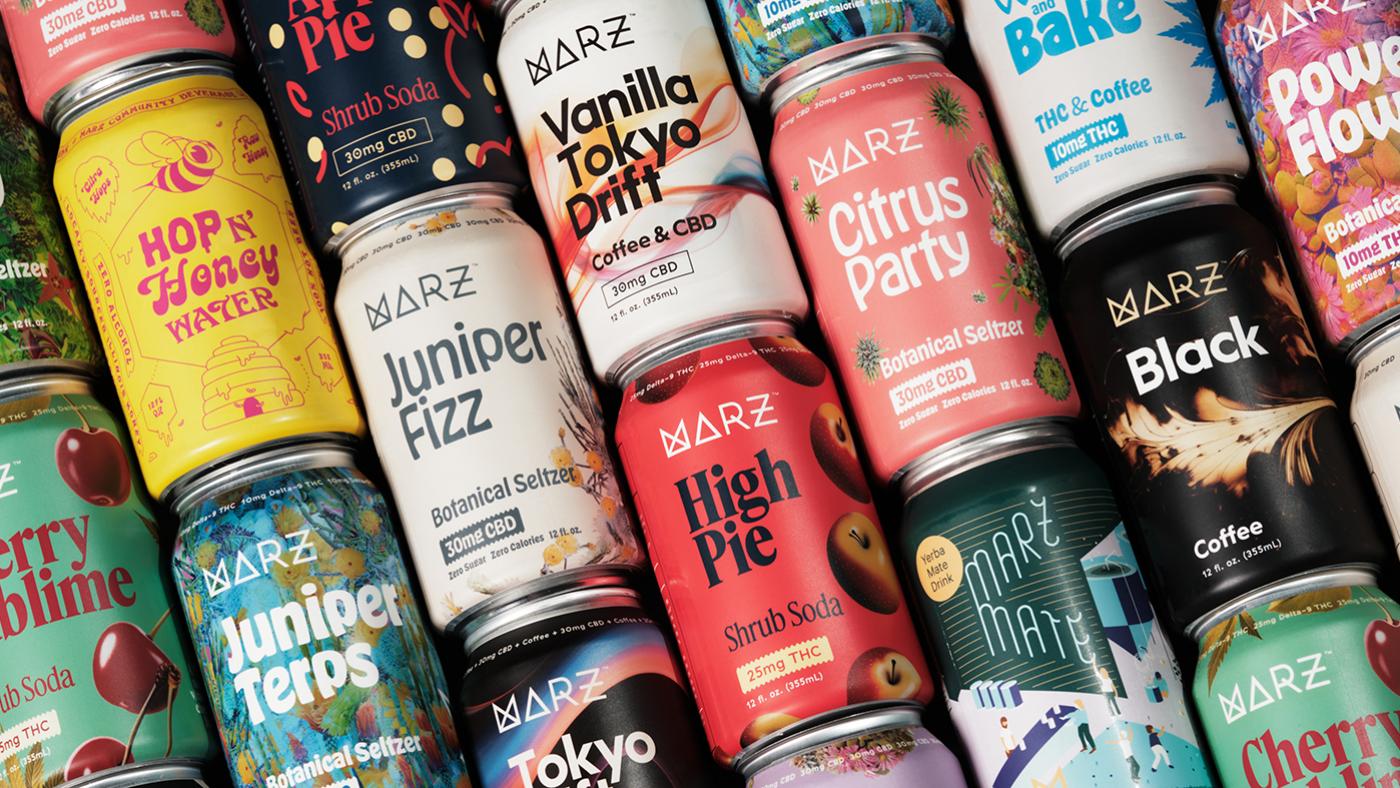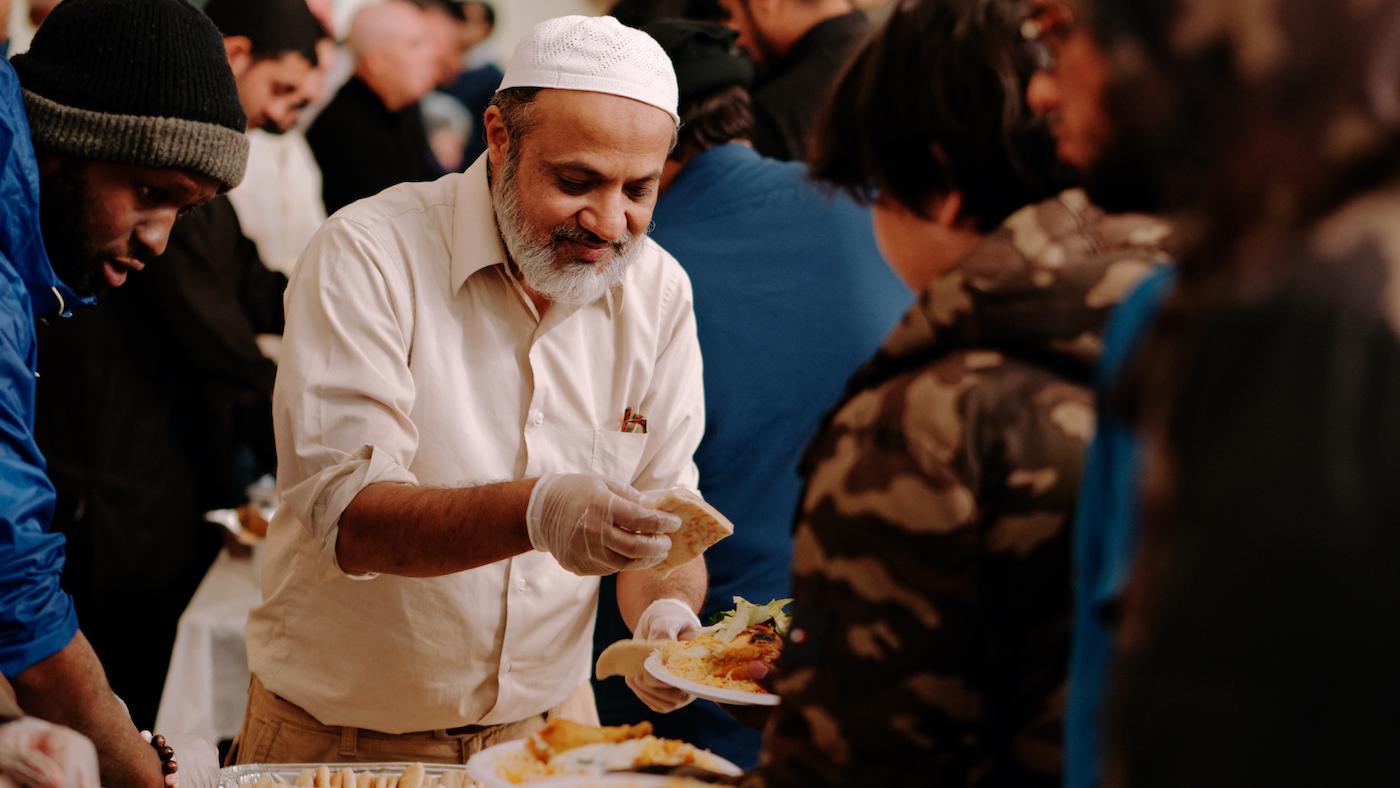30 Years of Frontera Grill
Daniel Hautzinger
March 21, 2017
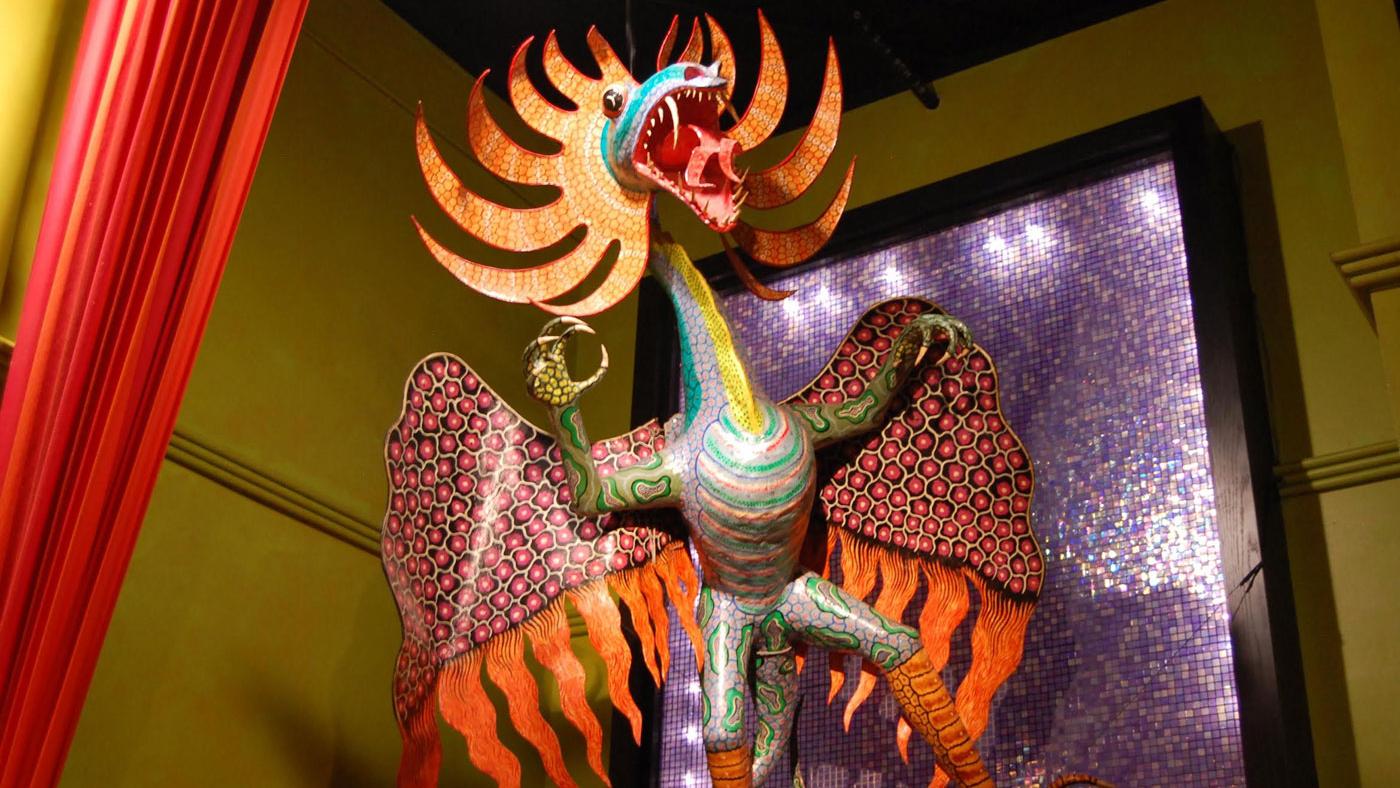
When Rick Bayless and his wife Deann opened Frontera Grill 30 years ago today, “the first guests walked in, looked at the menu, got up from their tables, and said, ‘I don’t know what you’re doing, because this isn’t Mexican food. You’ll be out of business in six months.’ And they walked out the door,” Bayless recalls. “And that was our first acceptance in Chicago.”
Today, Frontera is the flagship of an acclaimed six-restaurant empire in the city (not including outposts at O’Hare and two Macy’s stores as well as in San Francisco and Disney World), the namesake of a Mexican food product line, and the recipient of several prestigious accolades, including a James Beard Award for Outstanding Restaurant – an honor which Bayless’s fine-dining Topolobampo also just won.
Before they opened Frontera, Rick and Deann had spent five years writing a book about regional cuisines of Mexico, learning and perfecting recipes while traveling through the country. They were living out of suitcases as they shuttled between Los Angeles and Mexico, and had stored many of their possessions in the basement of Deann’s mother’s house, in the western suburbs of Chicago.
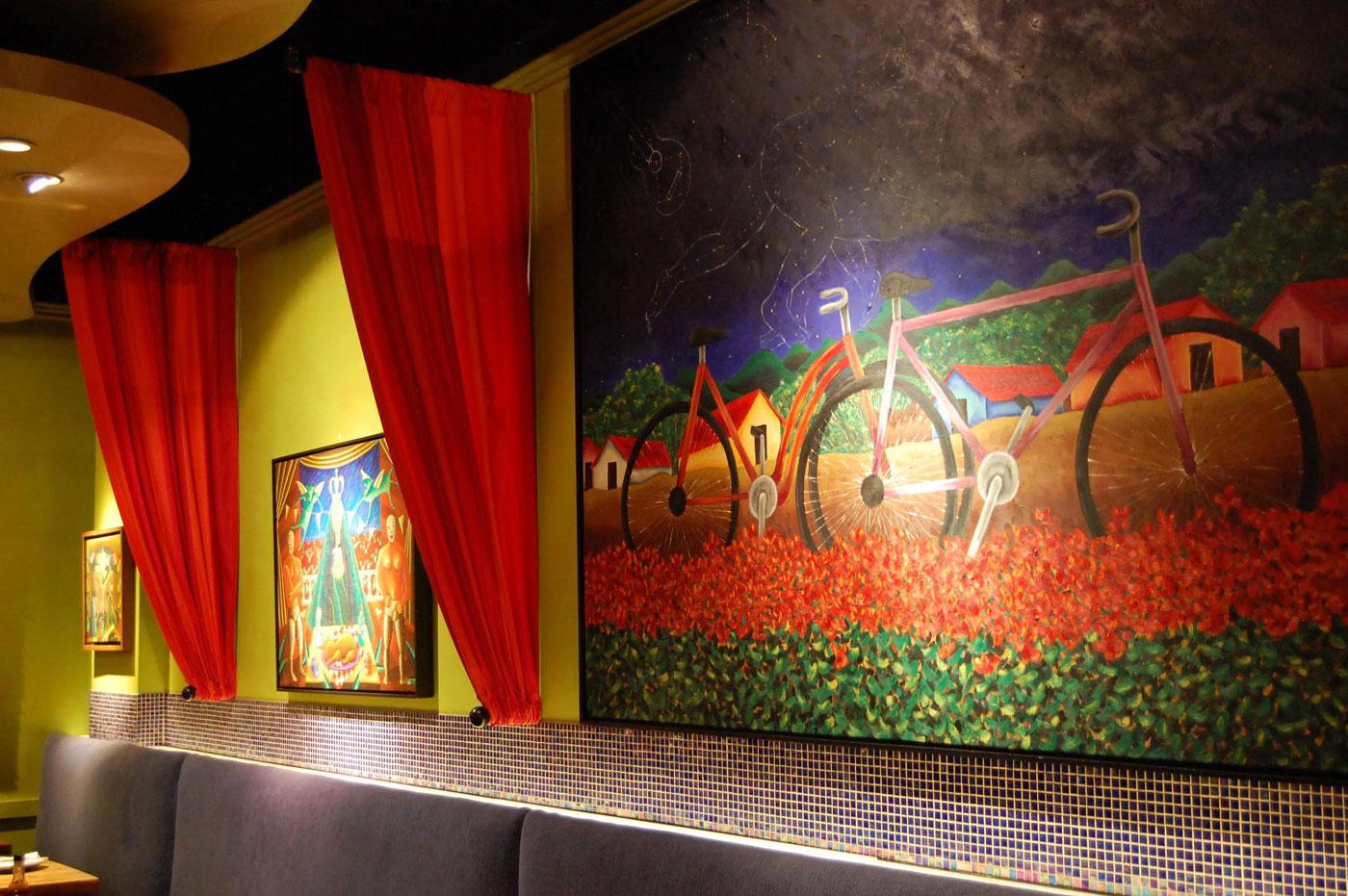 (Caitrin Hughes)“We didn’t have any money to move anywhere else, so we said, ‘Why don’t we try living in Chicago?’” Bayless says. He had developed an early love of restaurants while growing up in a family of restaurateurs in Oklahoma City, and began thinking about starting his own. “We were exploring all sorts of different things we could do once we turned in the manuscript for our book, and I thought, ‘My gosh, we have all this knowledge and there aren’t any restaurants doing this kind of thing, because it’s the regional Mexican food, not Mexican-American food. Why don’t we just make this?’”
(Caitrin Hughes)“We didn’t have any money to move anywhere else, so we said, ‘Why don’t we try living in Chicago?’” Bayless says. He had developed an early love of restaurants while growing up in a family of restaurateurs in Oklahoma City, and began thinking about starting his own. “We were exploring all sorts of different things we could do once we turned in the manuscript for our book, and I thought, ‘My gosh, we have all this knowledge and there aren’t any restaurants doing this kind of thing, because it’s the regional Mexican food, not Mexican-American food. Why don’t we just make this?’”
Frontera coincidentally opened the same day that Rick and Deann’s long-in-the-making book, Authentic Mexican: Regional Cooking from the Heart of Mexico, came out. “People at the Tribune started writing reviews, so then people started to say, ‘Oh, these people really know what they’re doing if they spent five years writing this book. Let’s try out their restaurant,’” Bayless remembers. “I don’t know if we would have been so successful if the book hadn’t come out at the same time.”
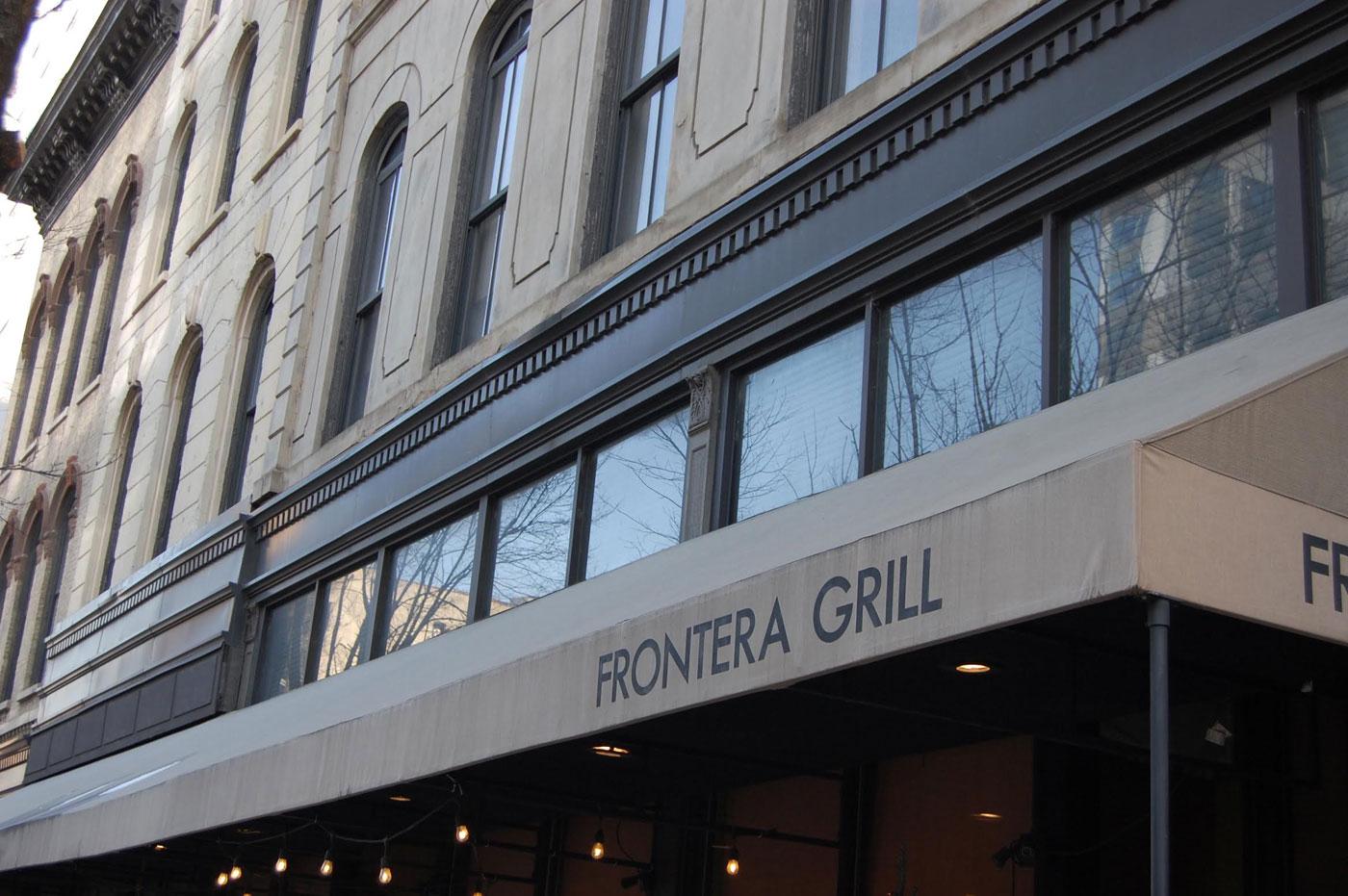 (Caitrin Hughes)The location of the restaurant, at Clark and Illinois Streets, probably didn’t help, at least not initially. In 1987, the area now known as River North had a certain reputation. “Next door was a bar called The Rendezvous, for a reason,” Bayless says. “Above us were these notorious Clark Street flophouses that rented rooms by the hour. It was the major spot for male hustlers. My wife closed the restaurant for the first two years, and she would joke that she could walk down the street buck-naked and nobody would pay any attention to her.”
(Caitrin Hughes)The location of the restaurant, at Clark and Illinois Streets, probably didn’t help, at least not initially. In 1987, the area now known as River North had a certain reputation. “Next door was a bar called The Rendezvous, for a reason,” Bayless says. “Above us were these notorious Clark Street flophouses that rented rooms by the hour. It was the major spot for male hustlers. My wife closed the restaurant for the first two years, and she would joke that she could walk down the street buck-naked and nobody would pay any attention to her.”
But the neighborhood was on the verge of reinvention. “All of a sudden it was named River North and all this stuff changed. It became what we called the ‘Gourmet Ghetto’ for a while, because there are all these really good restaurants around,” including Bayless’s own Michelin-starred Topolobampo and his fast-casual torta place, Xoco.
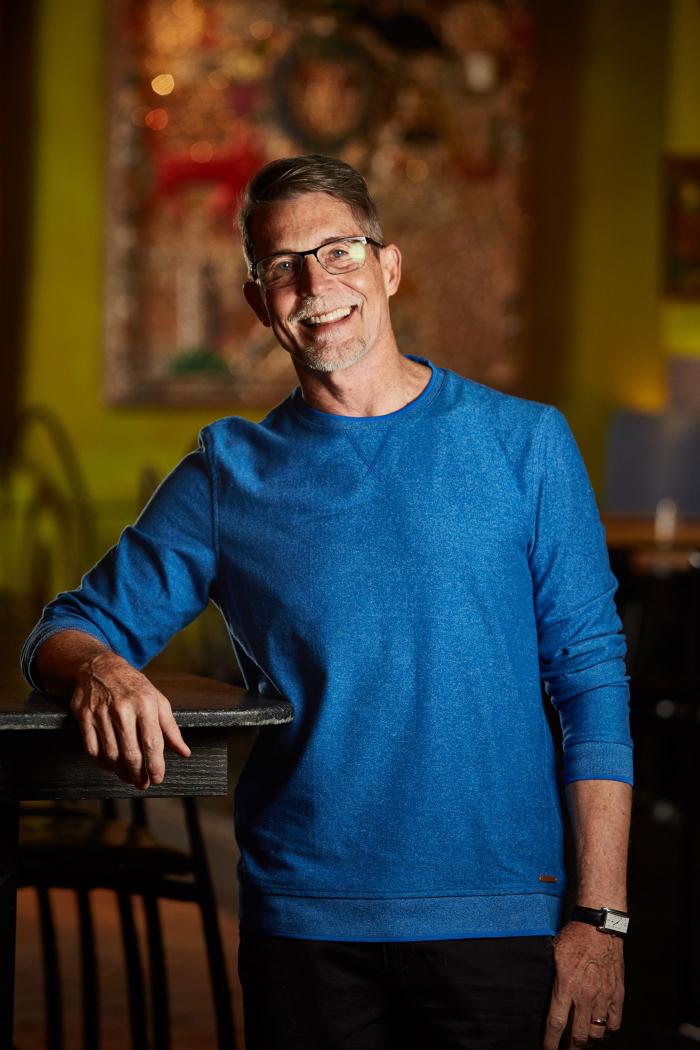 (Galdones Photography)That’s not the only change in Chicago for which Frontera was at the vanguard: Bayless has also been a major supporter of local agriculture. “At the end of our first year, I thought local ingredients were really the big thing lacking here,” he says. “I knew that the best food in Mexico was always the place that had the best local agriculture, but there wasn’t even a farmer’s market in Chicago at the time.”
(Galdones Photography)That’s not the only change in Chicago for which Frontera was at the vanguard: Bayless has also been a major supporter of local agriculture. “At the end of our first year, I thought local ingredients were really the big thing lacking here,” he says. “I knew that the best food in Mexico was always the place that had the best local agriculture, but there wasn’t even a farmer’s market in Chicago at the time.”
Frontera had been open for three years before Bayless found a local farm that would supply him. But by the end of the year, the farm had gone under. Following other frustrated attempts and the opening of a farmer’s market in Lincoln Park, he began to develop relationships with suppliers and farmers. Out of those grew a no-interest loan program that provided small farmers with the capital needed to improve their productivity and profitability. In 2003, it became a non-profit grant organization called Frontera Farmer Foundation, which will hold a fundraiser in honor of Frontera’s 30th anniversary at the Art Institute on April 30.
Even as he opened new restaurants, began broadcasting shows about Mexican cooking and cuisine on PBS, and started a podcast with Chicago food journalist Steve Dolinsky, Bayless resisted expanding into that staple of Mexican-American food, taquerías. “There’s just so much breadth of cuisine in Mexico, that I thought ‘Why do something everybody already knows about when there are other things to offer them?’” he says. But last year, he opened two new restaurants in the West Loop (the new ‘Gourmet Ghetto’): the grill- and raw-focused Leña Brava, and Cruz Blanca Brewery and Taquería.
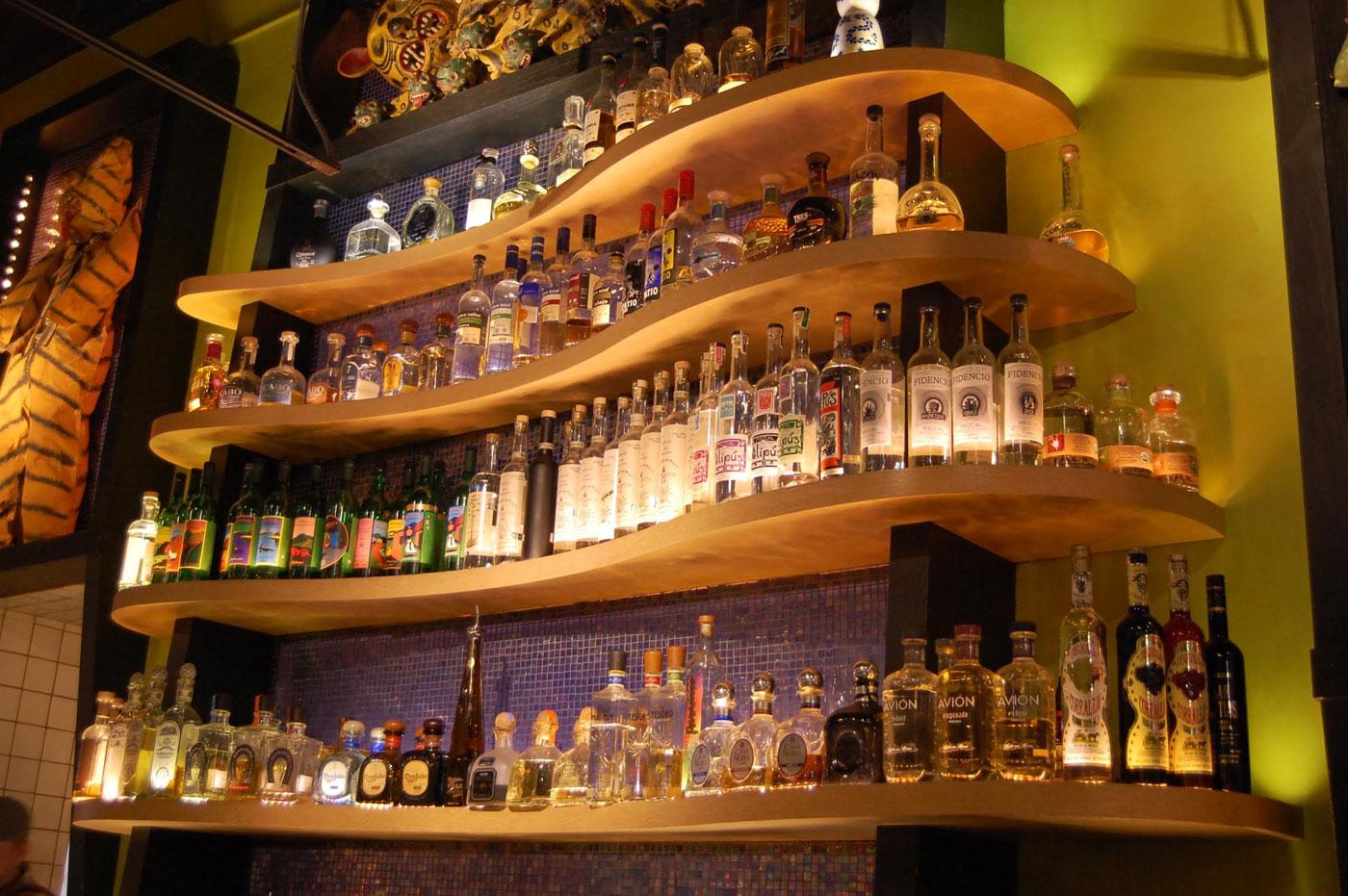 (Caitrin Hughes)“In Mexico, there are taquerías, but they’re not a main thing,” Bayless explains. “Tacos are considered something that you just grab on your way to something or on your way home from a bar. But there’s this one place in Oaxaca called the smoke alley, where they have these preserved meats that they grill for you. You just sit there and have these amazing tacos, and it’s very rustic. That’s our inspiration for Cruz Blanca, so it’s not a regular taquería.”
(Caitrin Hughes)“In Mexico, there are taquerías, but they’re not a main thing,” Bayless explains. “Tacos are considered something that you just grab on your way to something or on your way home from a bar. But there’s this one place in Oaxaca called the smoke alley, where they have these preserved meats that they grill for you. You just sit there and have these amazing tacos, and it’s very rustic. That’s our inspiration for Cruz Blanca, so it’s not a regular taquería.”
Looking back on his career, Bayless inevitably falls into some it-was-harder-in-the-old-days gripes, but quickly recognizes it and self-deprecatingly laughs it off. “Chefs between 30 and 40 years old now have no clue what Chicago used to be like: that we had no local agriculture, that our clientele wasn’t very sophisticated. It’s a different world we live in. Sometimes I feel like the old guy on the street, because I am the old guy on the street. I want to say to them, ‘Oh man, you should have been here in 1987.’ But then you sound like a grandpa. Let’s just be living in this moment and be happy for what we’ve got.”

